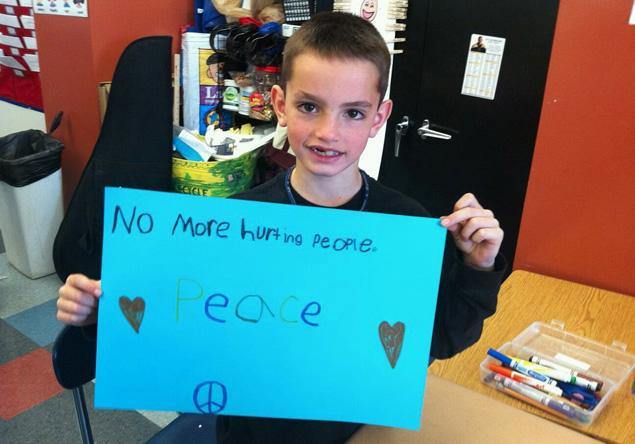When something traumatic happens like the bombing on Monday in Boston, we often feel a need to talk about it. So many questions arise: who, what … and why? So many feelings erupt. And so many perspectives are simultaneously true.
The integral community is equipped with a way to have a conversation that includes compassion for those involved, a demand for justice, and care for the impact this can have on consciousness, culture and systems.
That’s the spirit that sister Diane Hamilton and brother Terry Patten brought to a conversation we had about the incident and its ramifications Thursday night (before the suspects were caught). We organized the call around the three key integral perspectives: first-person “I”, second-person “WE” and third-person “IT”. Callers from around the world — including our dear friend and integral guru Susanne Cook-Greuter in Boston — joined in.
Play or download the audio below. Here’s an index of the call, compiled by Brett Walker:
8:14 Jeff gives his reaction to the events in Boston: heartbroken, and horrified by the wild card that terrorism represents, he takes solace from seeing the larger trajectory of human evolution.
12:34 Terry describes his reaction to the bombing: letting his heart be pierced. Also his disappointment in the superficial media attention.
14:59 Diane’s first person “I” experience (from watching so much Homeland) was initially to be pissed off about American foreign policy, then to use her tonglen practice to make contact with the suffering and compassion.
18:00 Diane welcomes everyone back from their short breakout conversations and invites them to presence their own experience with the group. We hear from some Boston locals.
26:23 Jeff, Terry and Diane discuss the statistics of terrorist attacks.
31:30 Let’s talk about the “WE”. Picking up our identification with the different actors in this drama. How do we make the WE more resilient?
46:21 Susanne Cook-Greuter: in trying to take the big picture too soon we may be missing an opportunity to fully embrace our vulnerability.
55:39 The conversation slides into the “IT” and Diane reminds us that from this perspective we can look at all the polarities and decide how we want to participate.
Podcast: Download
Subscribe: Google Podcasts | RSS







I have yet to hear any mention of the family of the perpetrators. As a mother of two sons, I remember their righteous anger as teenagers. When I read that the family was from Russia, had been on welfare, and had divorced ….. I may have the facts mixed up, I admit, because I haven’t followed all the details closely …. but my heart hurts for the mother who now has to grieve the death of one son, the wounding of another, the shame of what they did and her own inevitable humiliation. No one speaks about the pain of that family. All they sympathy, money and media attention goes to the wounded and dead from the Marathon ….. or heaps accusations on the perpetrators and those related to them, which is totally understandable.
But the pain of immediate shock, physical harm, and grief is human. And the circle of those affected is broad. Thank you SO much for your conversation. (P.S. I read the book, too.)